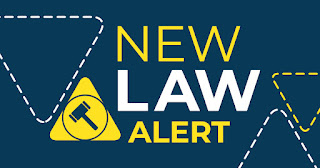Latest Podcast - Sharing creative lease solutions for commercial landlords and tenants who have lost revenue from coronavirus.
Click here to listen to podcast
Click here to listen to podcast

Pursuant to the authority vested in me, in light of the emergency circumstances caused by the continuing COVID-19 outbreak in New York State and the nation, and consistent with the Governor of New York's recent executive order suspending statues of limitation in legal matters, I direct that, effective immediately and until further order, no papers shall be accepted for filing by a county clerk or a court in any matter of a type not included on the list of essential matters attached as Exh. A. This directive applies to both paper and electronic filings.

There shall be no enforcement of either an an eviction of any tenant, residential or commercial, or a foreclosure of any residential or commercial property for a period of ninety days.
